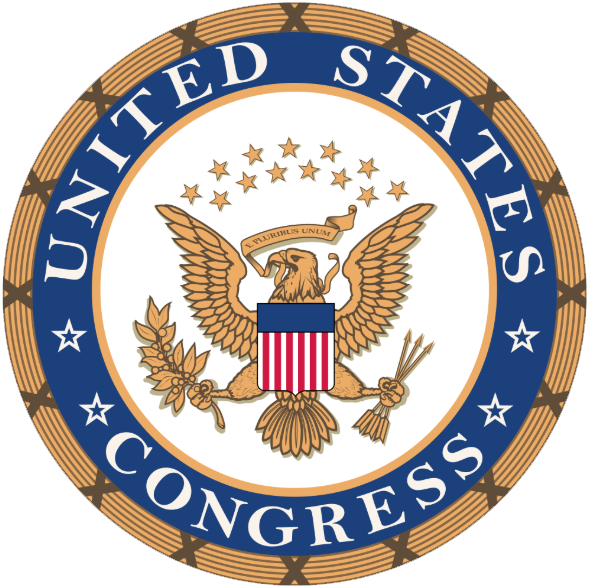USC I - The Government Structure
Posted: Mon Oct 30, 2023 9:29 am

U.S. CODE TITLE I
BRANCHES OF THE GOVERNMENT
DEFINITIONS
- The term "The Congress" herein refers to a combination of the House of Representatives and Senate;
- The term "government bodies" herein refers to any state or federally formed agency or committee;
- The term "committee" herein refers to a group of citizens appointed to act in a specific function;
(A) The Government will be split into three following categories:
- (1) Legislative
- (2) Executive
- (3) Judiciary
(B) Whereby the legislative branch of the Government will be the United States Congress
- (A) The Congress is the legislative branch of the United States government;
- (B) The Congress consists of the House of Representatives and the Senate;
- (C) The Congress has the following responsibilities;
(1) makes and amends laws and the constitution;
(2) conducts oversight over the President, the government bodies, forms various committees to address matters deemed important for the United States;
(3) declares war or peace against enemies threatening the integrity and unity of the United States;
(4) controls the federal budget, and spending of the federal government;
(2) conducts oversight over the President, the government bodies, forms various committees to address matters deemed important for the United States;
(3) declares war or peace against enemies threatening the integrity and unity of the United States;
(4) controls the federal budget, and spending of the federal government;
(C) The executive branch of the Government will be the Office of the President of the United States
- (A) The President is the executive branch of the United States government;
- (B) The President is accompanied by the Vice President;
- (C) The President has the following responsibilities;
(1) to conduct diplomacy;
(2) represent the nation as the head of state;
(3) command the Armed Forces and Law Enforcement;
(4) sign the legislation into law or veto laws;
- (D) Congress can overrule a veto from the executive branch by a two-thirds vote in both houses (the House of Representatives and the Senate);(2) represent the nation as the head of state;
(3) command the Armed Forces and Law Enforcement;
(4) sign the legislation into law or veto laws;
(D) And the judiciary branch of the Government will be the United States Supreme Court
- (A) The Supreme Court is the highest judicial branch of the United States;
- (B) The Supreme Judge, referred to as Chief Justice, is accompanied by Associate Justice.
- (C) The Supreme Court has the following responsibilities;
(1) handles appeal cases from District Courts and makes final rulings in such cases;
(2) be asked to verify the legality of laws that a Governor implements for the state;
(3) enforce that all state and federal laws must be in accordance to the constitution;
(2) be asked to verify the legality of laws that a Governor implements for the state;
(3) enforce that all state and federal laws must be in accordance to the constitution;